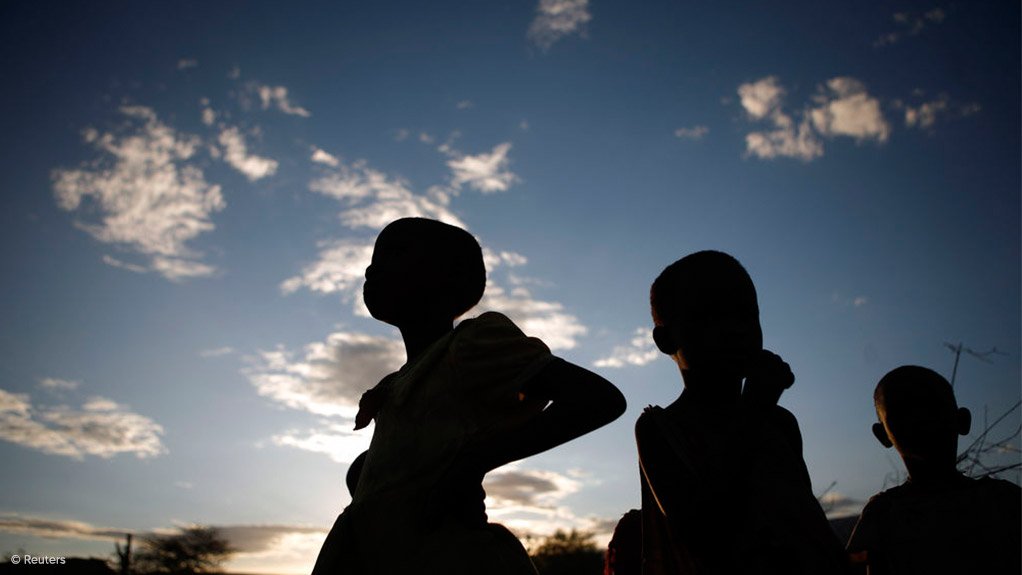With the continent facing a significant unemployment rate and with millions in need of jobs, local governments need to strengthen their relationships and build alliances within Group of 20 (G20) economies, but without sole reliance on its capital resources.
During a South African Institute of International Affairs and German Development Institute T20 Africa Conference, on Wednesday, the need for Africa to take intellectual leadership on global discussions regarding its economic development was a recurring theme.
German Ministry for Economic Cooperation and Development Parliamentary State Secretary Thomas Silberhorn emphasised that sustainable development could only be achieved through increased investment, in place of subsidies; a greater focus on entrepreneurship, instead of State support; and greater value creation in-continent, rather than the export of resources and import of processed goods.
However, during a panel discussion at the event, United Nations (UN) Economic Commission for Africa head of governance Francis Ikome highlighted that African countries were starting to face new challenges. This, he noted, included the lack of sufficient inclusiveness.
“South Africa is part of the G20, but it wouldn’t hurt to bring other [African] countries in,” he said, adding that the emerging trend towards protectionism, as evidenced by Brexit and the policies being implemented by US President Donald Trump, was also posing serious challenges to building relationships.
He agreed that the continent had to increase its focus on mobilising its domestic resources for growth, but that it also had to start concentrating on regional integration to ensure success.
MOBILISING THE YOUTH
Ikome said that, with the most youthful population in the world, it was imperative that African countries improved partnerships with G20 members on education and youth development to assist in creating an enabling environment, as “Africa’s youth has the potential of becoming a liability”.
Silberhorn further pointed out that “much, much more” value generation was needed to involve the youth. “We need to overcome this concentration of primary production in so many African countries,” he said, adding that, as long as local economies, including the agriculture, fisheries and commodities sectors, were restricted to primary production, economic growth would be limited.
Former UN Office of the Special Advisor on Africa director Patrick Hayford agreed, noting that the youth in Africa needed to be front and centre on the African development agenda. “We must find a way of talking to [real] African youth . . . especially women . . . not people who are pretending to speak for African youth.”
Further, University of Cape Town Graduate School of Development Policy and Practice director Alan Hirsch pointed out that African countries needed to invest in three key ingredients, namely physical capital, human capital and sound government.
He emphasised that human capital investment should start at preschool.
EMAIL THIS ARTICLE SAVE THIS ARTICLE ARTICLE ENQUIRY
To subscribe email subscriptions@creamermedia.co.za or click here
To advertise email advertising@creamermedia.co.za or click here











